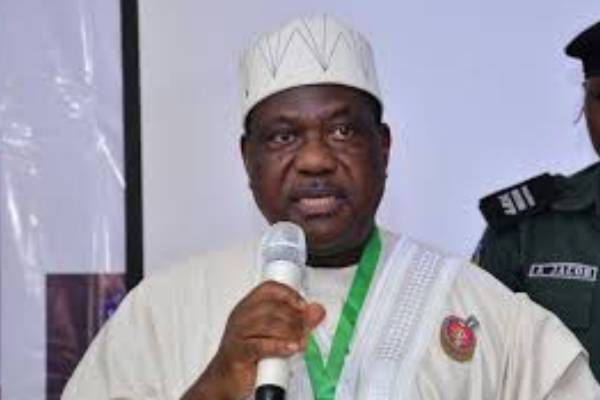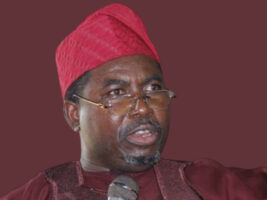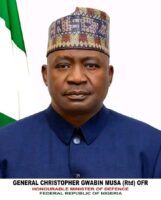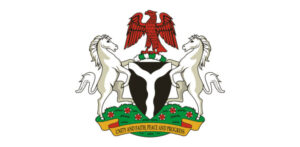President Bola Ahmed Tinubu has restated his commitment to equitable national development, assuring that no part of the country will be marginalised under his administration.
Delivering the message on behalf of the President, Secretary to the Government of the Federation (SGF), Senator George Akume, gave the assurance during a two-day interactive programme on government-citizen engagement organised by the Ahmadu Bello Memorial Foundation in Kaduna State.
Akume said the engagement offered ministers and federal officials an opportunity to present empirical evidence that the North was not being neglected, amid public concerns. He highlighted numerous federal interventions cutting across economic reforms, security, infrastructure, education, health, housing and agriculture under the Renewed Hope Agenda.
“President Tinubu is committed to ensuring that no region is left behind in the national development plan,” Akume said, adding that government efforts were being channelled into creating a fairer and more inclusive society.
Speaking on economic reforms, the SGF said the administration had taken bold steps to stabilise the economy, including unifying the exchange rate and restructuring Nigeria’s debt. He described the removal of fuel subsidy as a “painful but necessary” measure, which has saved trillions of naira and is now enabling increased investment in critical sectors.
Akume also listed major infrastructure projects under execution, such as the Lagos-Calabar Coastal Highway, Sokoto-Badagry Super Highway, Kano-Maradi and Port Harcourt-Maiduguri rail lines, and new housing initiatives.
He said modern security equipment had been procured and personnel trained as part of renewed efforts to tackle insecurity, while over 400,000 tertiary students had already benefitted from the new Student Loan Programme, with disbursements totalling about ₦53 billion.
Outlining the core priorities of the Renewed Hope Agenda, the SGF said they include: reforming the economy for sustained growth, boosting agriculture for food security, unlocking energy and natural resources, strengthening national security, enhancing infrastructure and transportation, and investing in education, health and social programmes.
“The economic reform strategies are designed to create a robust, diversified, and resilient economy,” Akume noted. “By fostering an environment conducive to investment and innovation, the administration aims to stimulate growth across all sectors, reduce unemployment, and ensure equitable wealth distribution.”
He emphasised the administration’s commitment to good governance, anchored on transparency, accountability, participation, responsiveness, equity, the rule of law, and inclusivity.
Akume led a high-powered federal delegation to the event, comprising ministers, directors-general of agencies, and senior presidential aides from across the country.
Reflecting on the event’s theme, “Assessing Electoral Promises: Fostering Government-Citizen Engagement for National Development,” the SGF called for patience and collective effort in the implementation of the administration’s development agenda.
He also paid tribute to former Northern Premier, Sir Ahmadu Bello, describing him as a symbol of unity and national cohesion, while honouring the legacies of other notable leaders including Chief Solomon Lar, Mallam Adamu Ciroma, Shehu Musa, Abubakar Rimi, Professor Suleman Kumo, Isaac Shaahu, and Professor Jerry Gana.





